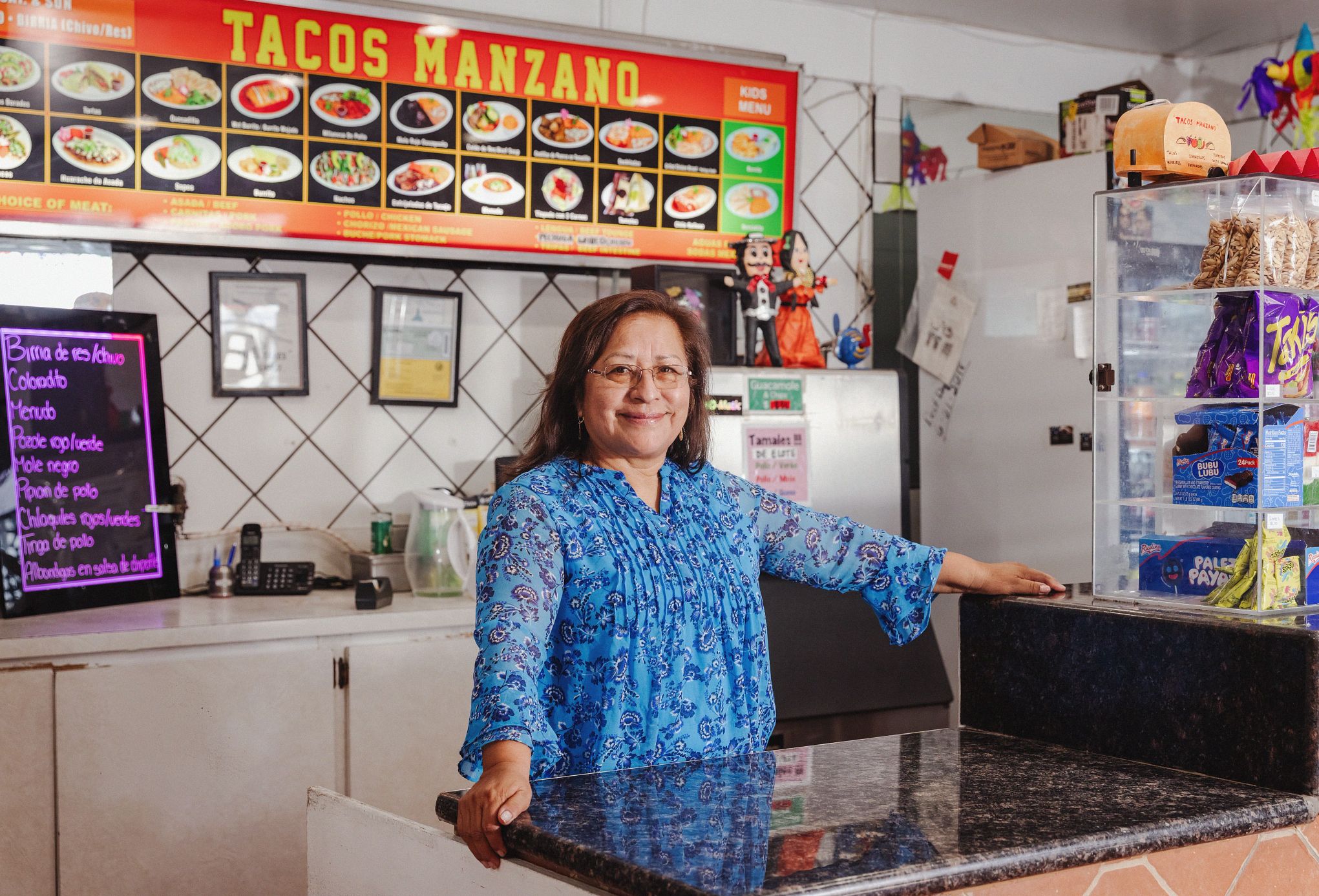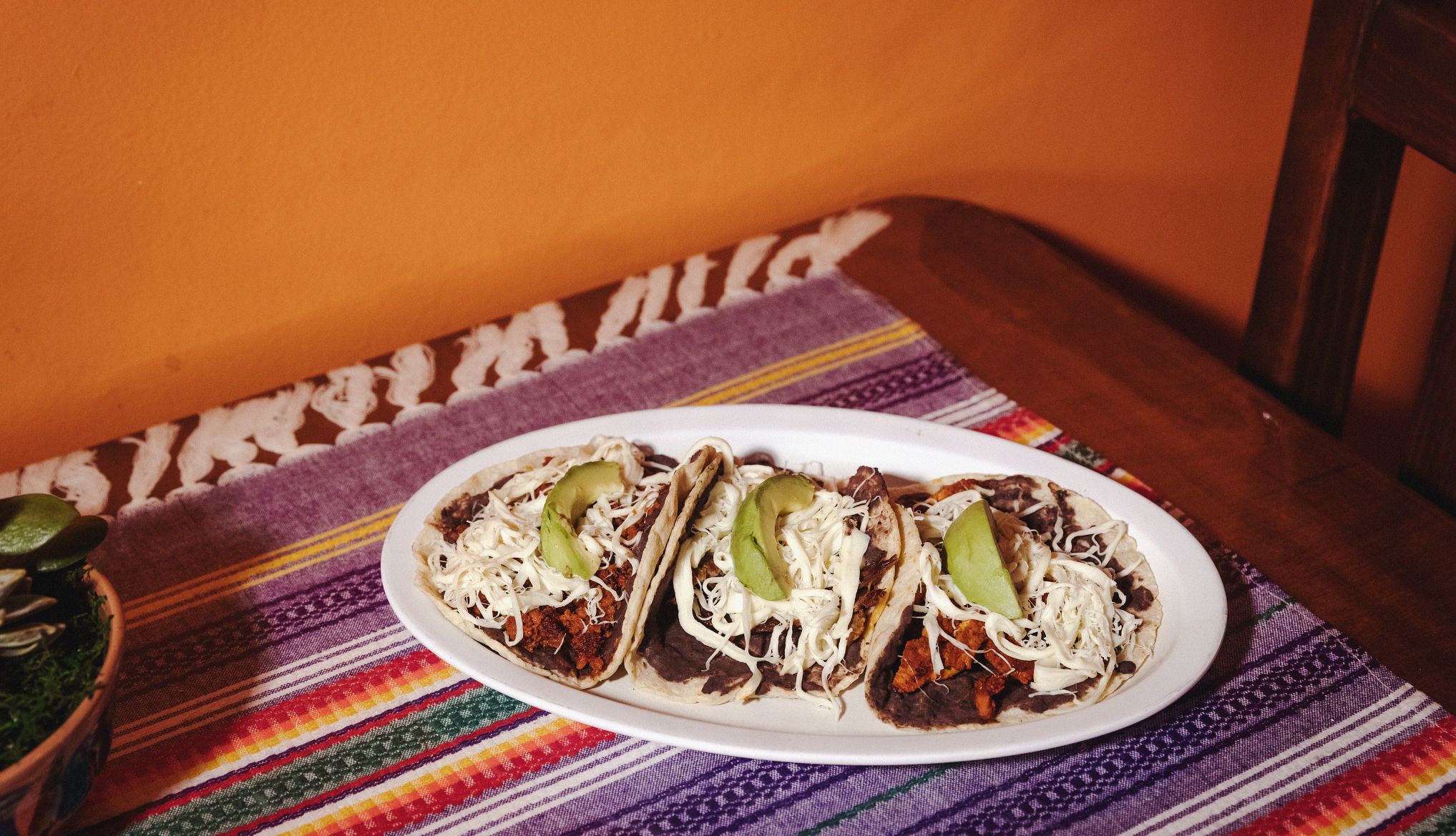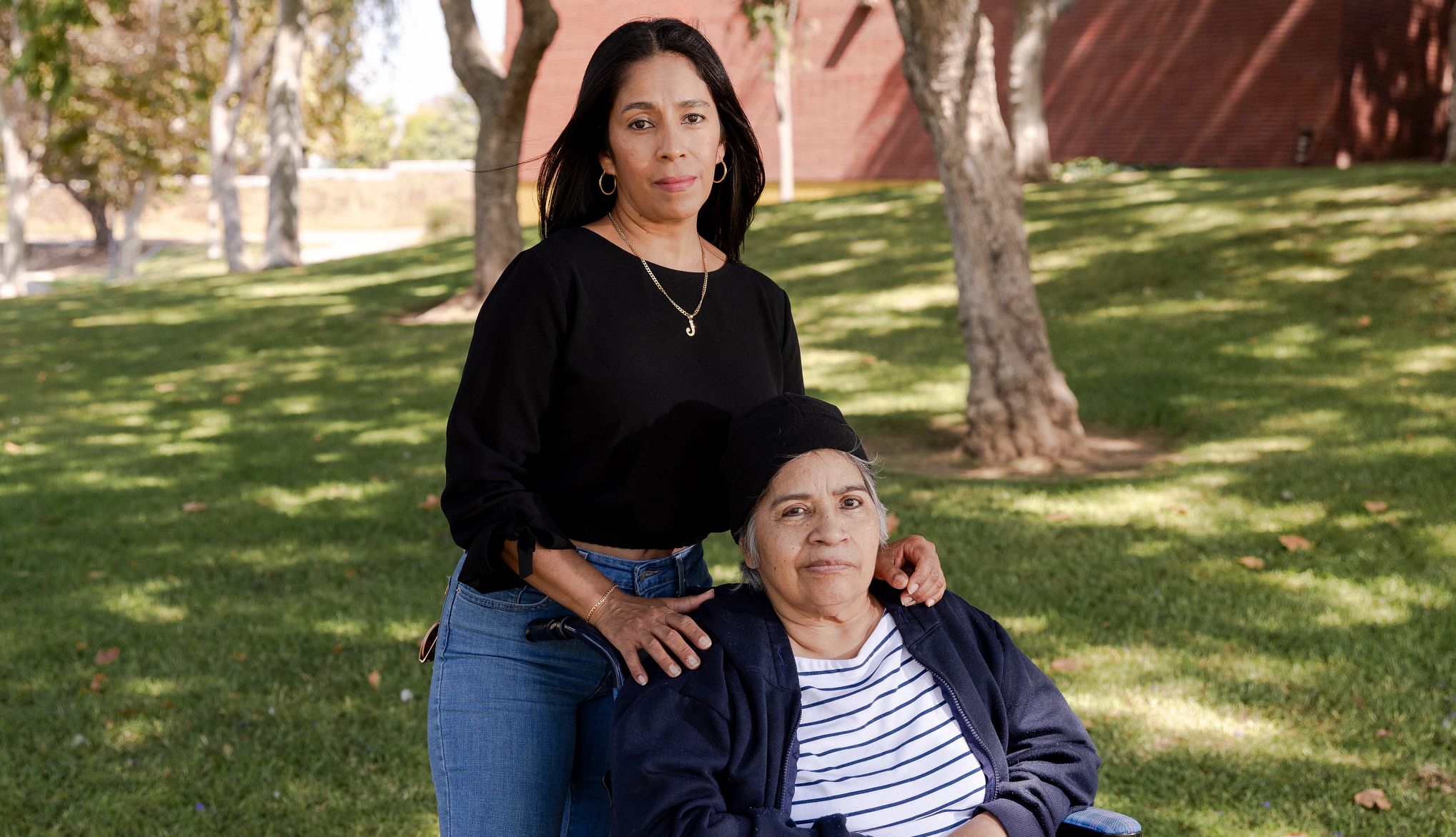AARP Hearing Center


Owning a restaurant feeds the Manzano family’s finances, but handling the complexities of running Tacos Manzano is no easy task. Working long hours, tracking overhead expenses, dealing with vendors, managing payroll and responding to unexpected crises takes time and effort. Who has energy left to plan for retirement?
Before owning the small business that opened in 2002 in North Hollywood, California, Socorro Manzano, 65, had some experience with traditional retirement savings plans. “When I worked for another company, I had a 401(k) account, but I couldn't save much, and the returns were minimal,” she says. “I also had an IRA, but I realized that the money was just sitting there, not generating much income.”
She also realized early in her career that she was going to need more than Social Security benefits when it was time to retire. Around 2008, she knew she had to beef up her nest egg.


“I always thought that by working hard you could save, working hard in our own business,” Manzano says. “But I realized that I wasn’t going to be able to be working at that capacity all the time for my entire life.”
This realization led Manzano to diversify her retirement strategy. “As we were working in the restaurant, we needed to invest in other things to be able to have a steady income for a more secure future,” she says. For example, Manzano invested in real estate, buying two buildings that now yield rental income.
Auto IRAs an option — in some places
Manzano’s experience highlights a common challenge faced by Latino entrepreneurs and workers. About two-thirds of Latino private sector workers lack access to an employer-sponsored retirement plan, according to an AARP study.
This gap in retirement planning is particularly pronounced in the small-business sector, where Latinos are creating businesses at a faster rate than any other racial or ethnic group, according to Census data and surveys collected by Stanford’s yearly “State of Latino Entrepreneurship” report. The most recent Stanford report estimated there are nearly 5 million Latino-owned businesses in the United States that garner more than $800 billion in total annual revenue.
In Manzano’s state of California, small-business workers have a state-facilitated option: CalSavers, an auto IRA savings program that enrolls employees whose workplaces do not provide a retirement benefit. Currently, employers with five or more workers that don’t offer a retirement plan must be registered for CalSavers; those with four or fewer employees must do so by December 31, 2025. Employers pay no fees to participate in the program; employees are automatically enrolled in an IRA with a default contribution of 5 percent of their pay (they can opt out or adjust the rate at any time).































.jpg?crop=true&anchor=13,195&q=80&color=ffffffff&u=lywnjt&w=2008&h=1154)






































More From AARP
Hispanic Heritage Month 2024: Observe Events Across the Country
From coast to coast, celebrate while learning more about Latino history and cultureBlack, Hispanic Workers Make More 401(k) Withdrawals
Tapping accounts early widens retirement disparity8 Major Health Risks for People 50 and Older
A look at the top killers — and how to dodge themRecommended for You